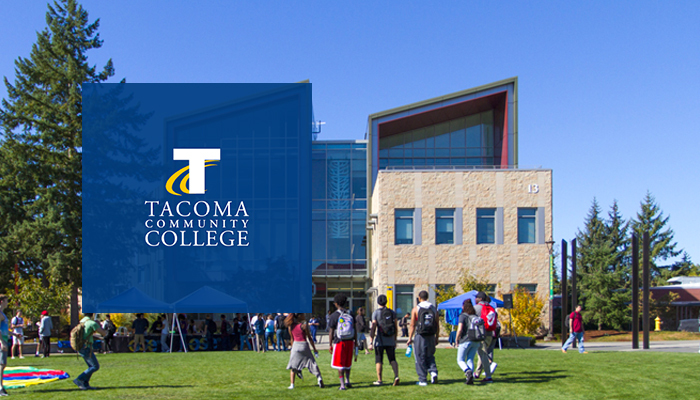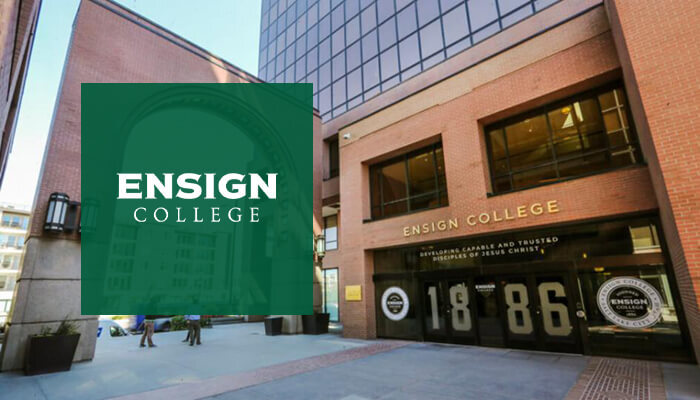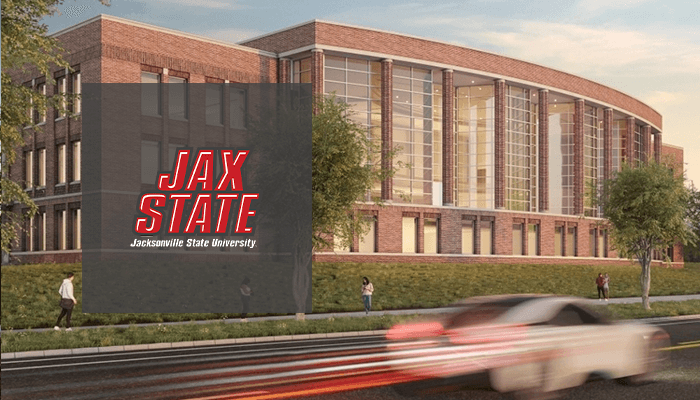Now more than ever, colleges and universities need an equity framework—supported by strong data analytics and actionable insights—to help them understand and appreciate the complex lives of students, accurately identify the challenges and barriers students face, and proactively connect students to the right resources to help them succeed.
Karl Smith, Vice President of Student Affairs at Tacoma Community College (TCC), embraces the responsibility—outlined in TCC’s mission and vision statements—to meet each student where they are, advance equity on campus, and strengthen student success. His passion for student success begins with his experience as a first-generation college student and deepens from genuine respect and appreciation for the diverse backgrounds and lived experiences of TCC’s students.
Under Smith’s leadership, TCC uses the Civitas Learning platform to advance equity within the college’s student support and success strategies. TCC’s data-informed approach helps the college to:
- Understand student needs and align resources to offer genuinely holistic support,
- Scale proactive outreach and support students who need it most, and
- Analyze the impact of institutional policies on specific student groups to ensure equity and remove barriers to success
Monitor Student Needs and Align Resources to Offer Genuinely Holistic Support
One thing the pandemic underscored for higher ed institutions is that many students do not have the luxury of just being a student. While this has always been the case, it is increasingly common for college students to work one or more jobs and have other responsibilities that must be balanced with their studies. And continuing economic instability further complicates students’ lives, heightening the need for assistance to meet basic needs such as housing, food, childcare, and mental health services.
Karl Smith understands that proactive outreach and advising approaches must be responsive to students’ true needs. According to Smith, outreach efforts must be conducted with cultural humility that acknowledges the complexity of students’ circumstances. And the support institutions offer must be aligned with the student’s most pressing concerns at that moment.
TCC uses the Civitas Learning Student Impact Platform to gather and analyze student data to understand students’ challenges better, align their resources to those specific challenges, and conduct effective outreach to connect students to the support they need when needed. When the TCC team is notified that a student’s persistence prediction has changed and can see that a student is a single parent who works and attends school, for example, helps TCC tailor its outreach and support to that student’s specific needs. Rather than offering only general academic support, TCC develops messaging that also includes information about available on-campus and community childcare assistance.
“We’re trying to make sure we’re there for the students when they need us,” Smith says. “We’re fortunate that Tacoma Community College is in a very supportive environment with many resources and partnerships we can use to support students fully. We want to make sure they’re successful.”
When a student struggles to meet basic needs, offering the wrong kind of support can make it seem like the institution doesn’t understand its challenges. To truly support student success, institutions must understand the needs of students and align their resources to help address those circumstances.

“We’re deconstructing systems that have always operated this way. It is tough, but the only way we’re going to get the outcomes we want is to demolish those systems that aren’t working and rebuild systems to better support students.”
— Karl Smith
Vice President of Student Affairs
Tacoma Community College
Scale Proactive Outreach to Students Who Need It Most
According to Smith, “the fundamental business model of higher education doesn’t allow customized support for every single person who comes through the door.” Acknowledging this fact is key for institutions to begin to develop an equity-based framework of student support.
The challenge for institutions is identifying which students navigate their studies without significant difficulties and which students need more hands-on support. Doing so helps advisors serve all students while focusing on those students whose behavior and circumstances suggest they may benefit from additional support.
The real-time behavioral and academic data available through the Civitas Learning platform is key to TCC’s strategy to scale proactive outreach and support. Advisors monitor real-time indicators of student success, such as LMS engagement relative to peers in their class, to proactively identify students needing help. Rather than sending out mass communications to all students, advisors conduct targeted outreach to specific students to offer support at the right moment in the student’s academic journey.
This approach also ensures that advisors have the time and capacity to serve the students who need support most. Often, the students who are first to respond to general communications are already successfully navigating the system because they have more generational experience with higher education and have access to more resources to begin with.
“That is an equity framework where you can use different pieces of information and data to make sure the student who needs those resources the most to be successful gets those resources,” says Smith.
Ensure Equity and Remove Institutional Barriers to Success
TCC also uses data analysis to identify policies and procedures that may disadvantage specific student groups. The ability to easily disaggregate data by student group and account for intersectionality between groups supports the refinement of TCC’s systems to support students more equitably.
Campus leaders can examine how institutional policies may perpetuate inequality within the college. Leaders can better understand, for example, how registration timeframes affect working students or students with children or the impact of sending past-due accounts to collections. And they can study the effect of drop policies on students by age or ethnic group.
Many systems and policies TCC is examining have been in place longer than anyone can remember and continue simply because it’s how things have always been done.
“We’re deconstructing systems that have always operated this way,” says Smith. “It is tough, but the only way we’re going to get the outcomes we want is to demolish those systems that aren’t working and rebuild systems to better support students.”
Establishing an Equity Framework Supports Student Success and Institutional Viability
In the wake of the pandemic, increasing access and achieving equitable student outcomes has become a matter of institutional viability as much as a pathway to realizing higher education’s promise to improve the lives of individuals, families, and communities.
To truly meet students where they are, colleges and universities must understand the broader context in which students are pursuing their studies and must align their resources and support to address the challenges students face.
By adopting an equity framework for student success, Tacoma Community College provides an excellent example of how institutions can rebuild their systems to serve today’s college students better.



